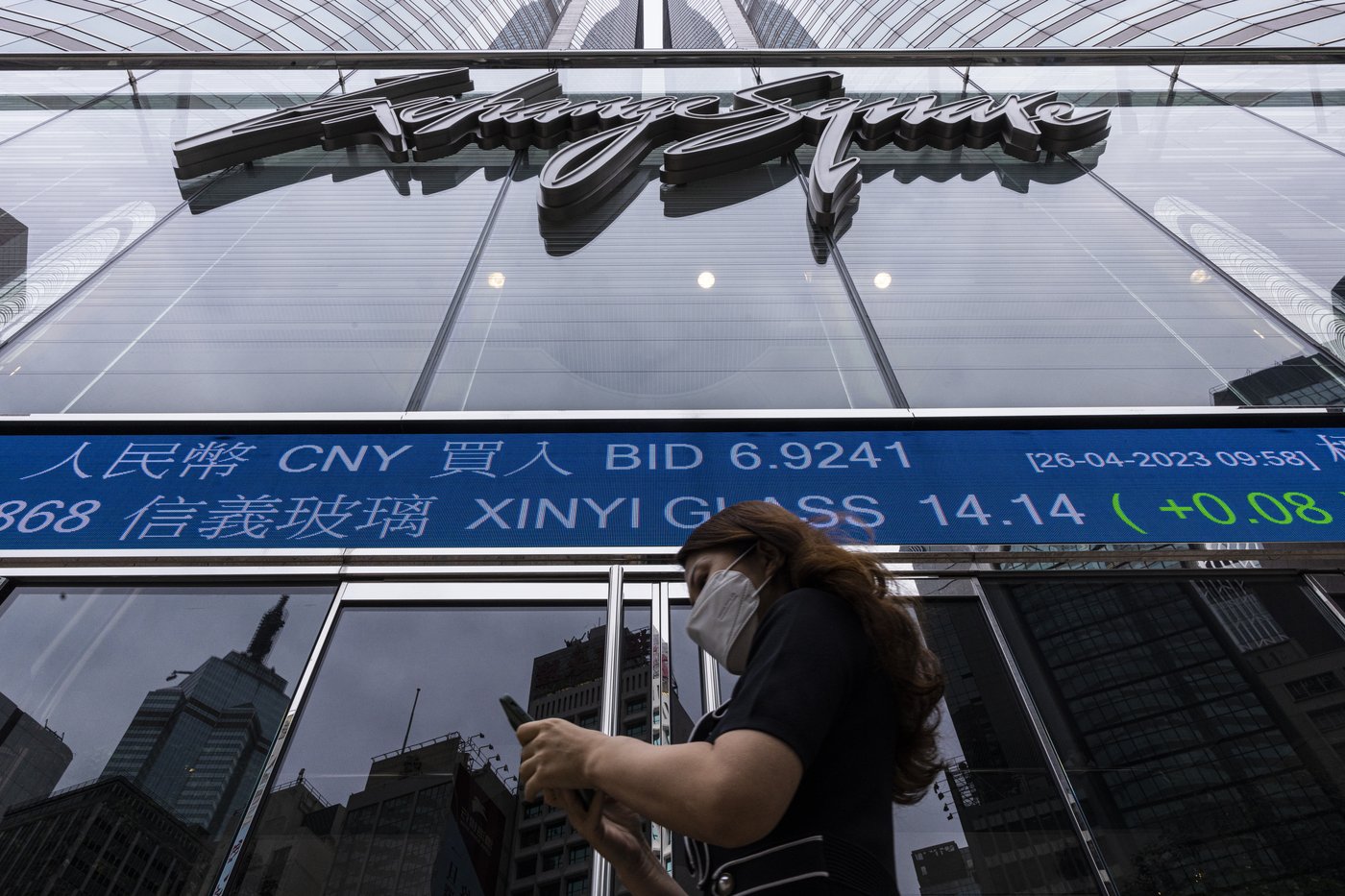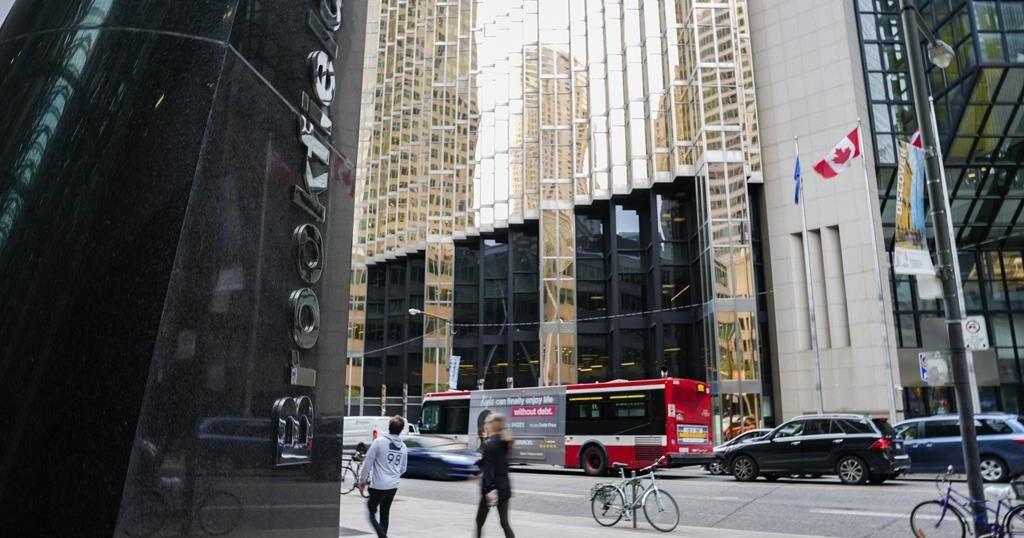TOKYO (AP) — Asian shares were mostly lower Wednesday as worries about the health of global economies grew after a tumble on Wall Street, despite some better-than-expected earnings reports.
Tokyo, Sydney, and Seoul declined while Hong Kong and Shanghai gained in afternoon trading. Oil prices rose.
“From a banking crisis still hovering just beneath the surface to the realization Russia has long-range missiles that are incredibly accurate that no one has the capacity to stop, to the sharply higher China-U.S. tensions, more sanctions against both Russia and China, and the likely further unravelling of global trade and the reemergence of higher inflation, risks are huge,” said Clifford Bennett, chief economist at ACY Securities.
“None of this a pretty picture paints. Yet this is the reality of the current moment.”
Japan’s benchmark Nikkei 225 shed 0.7% in afternoon trading to 28,416.66. Australia’s S&P/ASX 200 slipped nearly 0.1% to 7,316.30. South Korea’s Kospi inched down 0.1% to 2,487.20. Hong Kong’s Hang Seng gained 1.1% to 19,829.04, while the Shanghai Composite added 0.1% to 3,268.47.
“Worsening trade tensions between the U.S. and China continues to weigh on market sentiment. Recent reports suggest that the U.S. has requested South Korean firms not to backfill chip orders to China if U.S.-listed firms are barred access to China, adding to further uncertainty,” said Anderson Alves at ActivTrades.
The S&P 500 fell 1.6% on Tuesday to 4,071.63, breaking out of a weekslong lull. The Dow Jones Industrial Average dropped 1% to 33,530.83 while the Nasdaq composite sank 2% to 11,799.16.
First Republic Bank had the biggest loss in the S&P 500 by far, and its stock nearly halved after it said customers withdrew more than $100 billion during the first three months of the year. That doesn’t include $30 billion in deposits that big banks plugged in to build faith in their rival after the second- and third-largest U.S. bank failures in history shook confidence.
The size of the drop in deposits renewed worries about the U.S. banking system and the risk of an economy-sapping pullback in lending. That overshadowed First Republic’s beating analysts’ expectations for earnings, and its stock plunged 49.4%.
The majority of companies so far this reporting season have been topping expectations, but the bar was set considerably low.
Analysts are forecasting the worst drop in S&P 500 earnings since the spring of 2020, when the pandemic froze the global economy. That’s why Wall Street is focused just as much, if not more, on what companies say about their future prospects as they do about their past three months.
The economy is under stress from high interest rates meant to get inflation under control. High rates can stifle inflation, but only by putting the brakes on the entire economy and hurting investment prices. Big chunks of the economy outside the job market have already begun to slow or contract.
With so much uncertainty about whether inflation can return to the Federal Reserve’s target without causing a recession, “we remain skeptical that markets are out of the woods,” Barclays strategists led by Stefano Pascale said in a report. They also pointed to “the risk of something breaking” in the financial system because of high rates.
A report Tuesday showed that confidence among consumers fell more sharply in April than expected, down to its lowest level since July. That’s a discouraging signal when consumer spending makes up the biggest part of the U.S. economy.
The Federal Reserve meets next week, and much of Wall Street expects it to raise interest rates at least one more time before pausing.
In the bond market, the yield on the 10-year Treasury fell to 3.39% from 3.50% late Monday. It helps set rates for mortgages and other important loans.
The two-year yield, which moves more on expectations for Fed action, fell to 3.95% from 4.11%.
In energy trading, benchmark U.S. crude added 69 cents to $77.76 a barrel. Brent crude, the international standard, rose 59 cents to $81.36 a barrel.
In currency trading, the U.S. dollar fell to 133.71 Japanese yen from 133.72 yen. The euro cost $1.0988, inching down from $1.0977.
___
AP Business Writer Stan Choe contributed from New York.


































